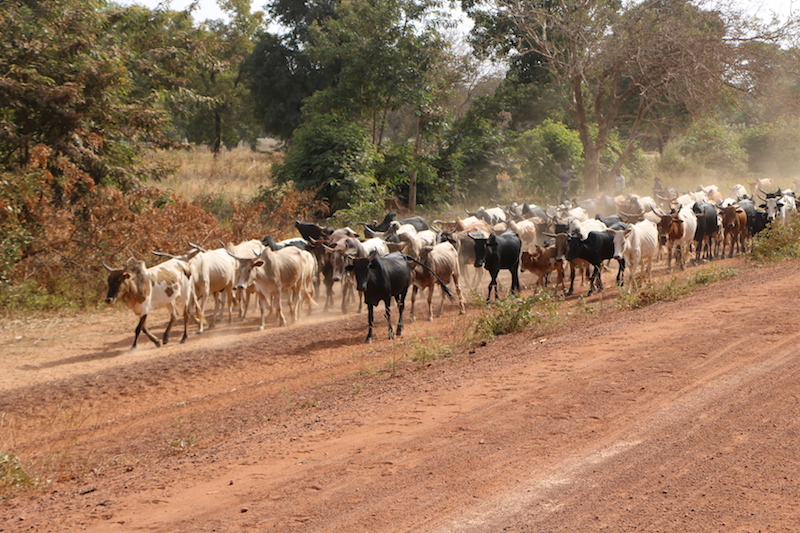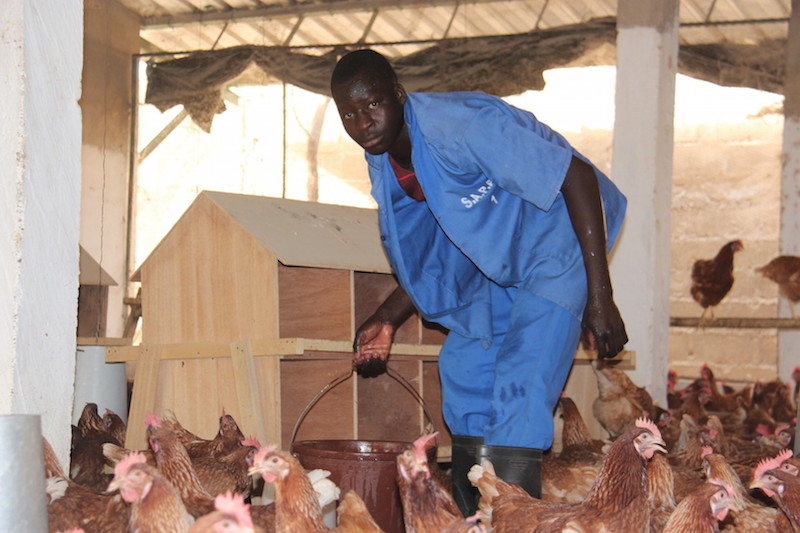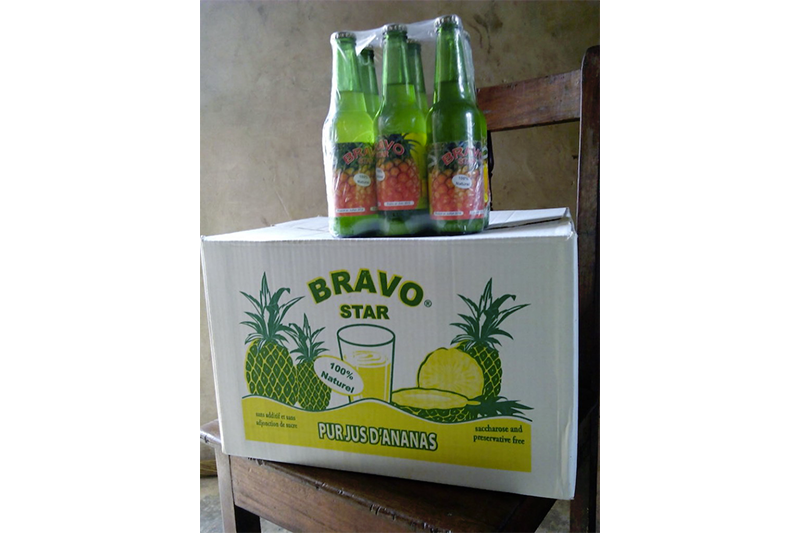On the sidelines of the commemoration of International Women’s Day, Tanager in Burkina Faso brought together its partners around a Gender Café on 7th March 2022 in Ouagadougou. The participants reflected, among other things, on the concrete actions to be taken for the effective empowerment of women. From the exchanges, it can be retained that it’s time to work for the economic emancipation of women.
As has been the custom since 1977, the international community commemorated International Women’s Day on 8th March 2022 under the theme: “Equality today for a better future”. This theme reminds us that progress in the protection of women’s rights for 45 years of struggle is almost non-existent because of certain outdated stereotypes and prejudices that still die hard, especially in Africa in general and in Burkina Faso in particular.
However, if we want developed countries, where there is peace and social justice, equality of opportunity between all children born, whether boys or girls, between women and men, we must adopt the gender approach. To achieve this noble goal, we must also think about celebrating 8th March in a different way. The folkloric aspect should not take over constructive reflection on actions.
The NGO Tanager, has wanted to celebrate this day of promotion of women’s rights in a different way by organising a day of exchanges on the challenges related to women’s empowerment. “We wanted to celebrate International Women’s Rights Day in a special way by getting together to reflect on the issues that interest us in achieving our mission, which is to facilitate sustainable development. This day is not about saying slogans, it is also about thinking about innovative approaches for a better empowerment of women in Burkina Faso”, explained the representative of Tanager in Burkina Faso, Romain KENFACK.
On 7th March 2022, Tanager brought together its partners around a Gender Café. The exchanges and discussions focused, among other things, on the levers to be activated for the development and empowerment of women. Among the actions, there is funding, which is very important for the women’s empowerment and for the inclusive development of our country. Unfortunately, in Burkina Faso, access to credit and finance is a headache for women. The difficulties are varied. We can cite: the lack of guarantees, cultural barriers, the lack of financial solutions adapted to their needs.
“Women’s access to finance is quite critical. In Burkina Faso, this is a topical issue. When you look at the economic fabric, women are somewhat marginalised because they don’t have this easy access because they don’t have the necessary guarantees”, deplores Eléonore Marie Céline COMPAORÉ, Director of the Support for Investment and Savings, GRAINE SARL.
“We live in a somewhat unequal society. Development is not inclusive. In the Burkinabè context, access to finance is very complicated,” adds Jean-Baptiste KOAMA, Investment Manager at Tanager.
During this enriching and interactive Gender Café, Tanager and its partners led discussions on strategies to facilitate and promote access to credit for women in Burkina Faso. “The strategies are to already see what the constraints are for women to have loans. Among the constraints, there are guarantees. We also have this lack of information. So, we have to be able to give information to women, to reduce guarantees, to allow access by developing digital products. There is also technical support on the management and financial education of women,” suggested Eléonore Marie Céline COMPAORÉ.
Among the many strategies proposed by the participants is adequate training to enable them to better use the funds they receive and also training them to better manage their activities. Another proposed solution is to organise women into groups. This allows group members to easily access financing through the mutual guarantee system.
The empowerment of women being a prerequisite for sustainable and equitable economic growth, it is time for the Burkinabè government to create the necessary conditions to enable women to play their full part in the development of the country. At the individual level, everyone must play their role by quickly getting rid of medieval and preconceived ideas that always tend to put women in the background in decision-making.
Hadepté DA, Multimedia journalist at MEDIAPROD






Leave A Comment